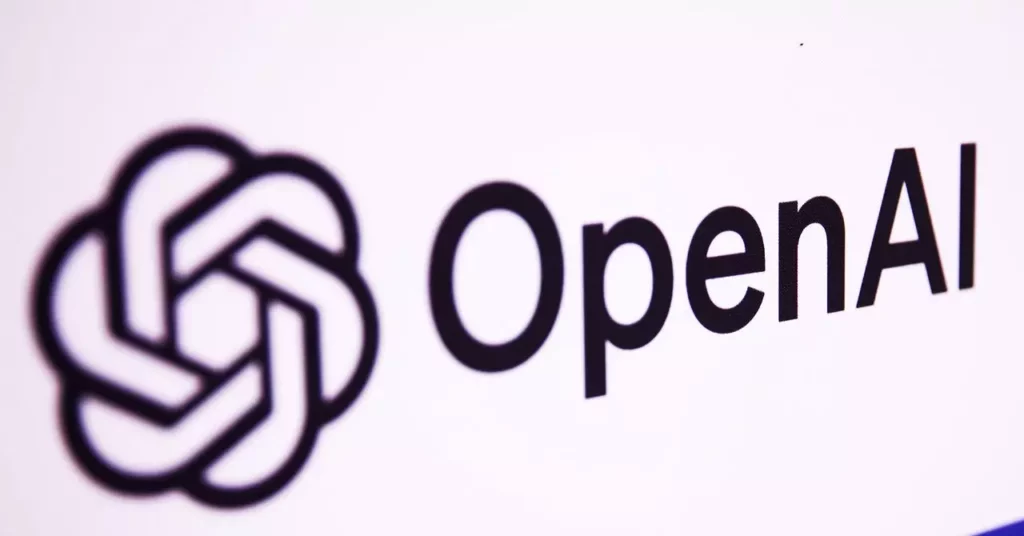The escalating conflict between OpenAI and Meta is more than a headline about sky-high bonuses—it reveals an uncomfortable truth about the AI era: talent, not just technology, has become the battlefield where future supremacy is won or lost. While both companies throw lavish incentives at leading researchers, the implications of their tactics run deep, exposing critical questions about ethics, corporate culture, and the sustainability of innovation in a fiercely competitive landscape.
The Price of Genius: When Money Isn’t Enough
Meta’s splashy $100 million signing bonuses and direct CEO involvement in recruitment send a clear message—nothing is off limits when it comes to securing top AI minds. Yet this aggressive approach begs scrutiny. Money undeniably attracts, but its power to bind talented individuals long term is limited. The vacuum left by Meta’s relentless pursuit is one of goodwill and trust—a currency far more fragile and, ironically, more valuable in the knowledge economy. OpenAI’s candid comparison of this talent drain to a home invasion captures how profoundly disruptive such poaching tactics can be.
Mark Chen’s acknowledgment of vulnerability within OpenAI contrasts sharply with Meta’s transactional storm. While dollars create headlines, they don’t replace a principled mission or a culture that resonates with researchers’ deeper aspirations. Herein lies a crucial lesson for the tech oligarchs: the most gifted scientists and innovators seek more than fat checks; they demand purpose and integrity. Without these, even the largest paychecks can become hollow victories.
Culture Wars in the AI Lab
Beyond the proprietary algorithms and data sets, AI development depends heavily on intangible factors—psychological safety, ethical alignment, and shared vision. OpenAI’s explicit emphasis on fairness and equitable treatment highlights a nuanced strategy, one aiming to retain talent through respect rather than coercion. The firm’s coordinated internal push against Meta’s “exploding offers” reveals a chess match of human psychology disguised as corporate memos.
Meta’s reputation risks tarnishing under the weight of its own tactics. High-pressure recruitment can alienate top researchers who are not merely job seekers but stewards of AI’s societal impact. The failure to foster a collaborative and principled environment could backfire, driving the very talent it craves toward competitors who dare to prioritize mission alongside money.
The Ethical Undercurrents of AI Talent Acquisition
In a domain where the work done today could reshape humanity’s future, the ethical dimensions of recruitment extend well beyond ordinary labor disputes. Researchers at the frontier of AI grapple daily with questions about bias, autonomy, and responsibility. This moral weight transforms employment decisions into complex dilemmas—where workplace culture, corporate values, and personal convictions intersect sharply with compensation.
OpenAI’s stance—balancing competitive pay with a firm commitment to fairness—reflects a broader reflection of center-right liberalism: the belief in meritocracy intertwined with accountability and ethical stewardship. Rejecting pure market-driven poaching tactics affirms the idea that innovation ecosystems thrive best under principles that respect individual dignity and societal implications.
Why Trust Trumps Transaction in the AI Race
The true battleground for AI dominance may well be shifting from raw computational capacity and data hoarding to the capacity to cultivate—and retain—exceptional human capital sustainably. OpenAI’s plea for fairness and solidarity amidst the talent exodus is a tacit acknowledgment that retention is far more than a contractual puzzle. Researchers seek environments where their voices and values are not just tolerated but embedded in the organization’s DNA.
Meta’s strategy might win in the short term by disrupting rivals and poaching talent, but its long-term efficacy remains doubtful. Trust and loyalty are earned, not bought. Companies that reduce their brightest minds to mere assets risk undermining innovation itself. This pitfall could slow down the very breakthroughs these tech giants desperately need to claim AI leadership.
The Hidden Cost of High-Stakes Poaching
There is a psychological toll on researchers caught in this fierce competition, often overlooked amid the spectacle of colossal bonuses. The pressure to decide between lucrative offers and personal or ethical alignment can fracture communities and risk burning out those most crucial to technological progress.
OpenAI’s internal response—encouraging resilience and offering support against coercive tactics—addresses an underappreciated dimension of this fight: the mental and emotional well-being of talent under siege. By fostering solidarity, OpenAI is not just protecting its workforce but setting a precedent for responsible corporate conduct in the high-pressure world of AI development.
This intense rivalry between Meta and OpenAI crystallizes a fundamental truth of the emerging AI age: that the conquest of artificial intelligence will ultimately be a contest of ideas, culture, and ethics as much as one of capital investment. While Meta’s financial muscle cannot be underestimated, OpenAI’s principled stance serves as a vital reminder that sustainable innovation demands respect for the human condition, transcending mere market logic. The future of AI—and perhaps society itself—hinges on which vision prevails.









Leave a Reply